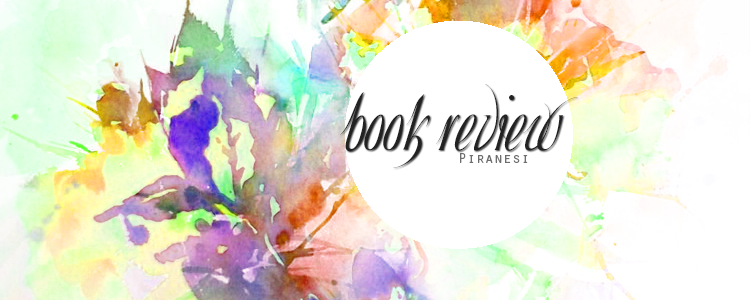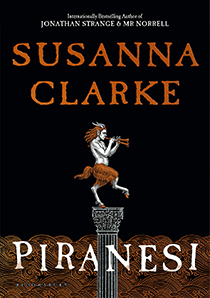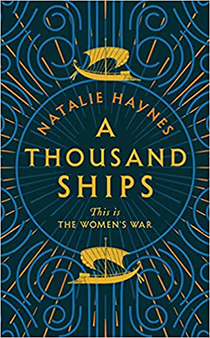This book, for me, did not meet the hype that has been thrown about for it. I loved Jonathan Strange and Mr Norrell, I really enjoy Susanna Clarke’s writing but this book was just a huge miss with my personal tastes. And as much as I hate to say it, this is a marmite book and one that most people seem to be fawning over (much to my confusion).
Piranesi is an ambling story – and one that dragged on for much longer than it’s mere 250 pages would have you believe. For the first 150 or so, absolutely nothing happens. The character of Piranesi is really boring. I found this meandering narrative of corridors and birds that he sees more tedious and frustrating than charming. The characters are endlessly dull too, I didn’t feel any of them were multifaceted (and, let’s face it, there’s only 3 characters in this whole book really).
I kept reading because I enjoy Susanna Clarke’s writing; the world building was interesting and I have to admit, the final quarter picked up pace and is probably what I enjoyed most. Additionally, I did switch to the audiobook at one point and narration did make this marginally more enjoyable. Before the final quarter I was finding this difficult to get through and quite drab. Also, the ending was really anticlimactic.
Honestly, this was like treacle to get through. I genuinely think the 1000+ page behemoth that was Jonathan Strange was easier to get through than this comparatively slim, 250 page volume. I felt like I was reading it for hours, the ending was bizarre, nothing really happened and I just felt frustrated by the time I was done with it. If you want a gushing, positive review there are plenty of those on Goodreads as for some reason, unknown to me, the general consensus for this book is adoration.



















